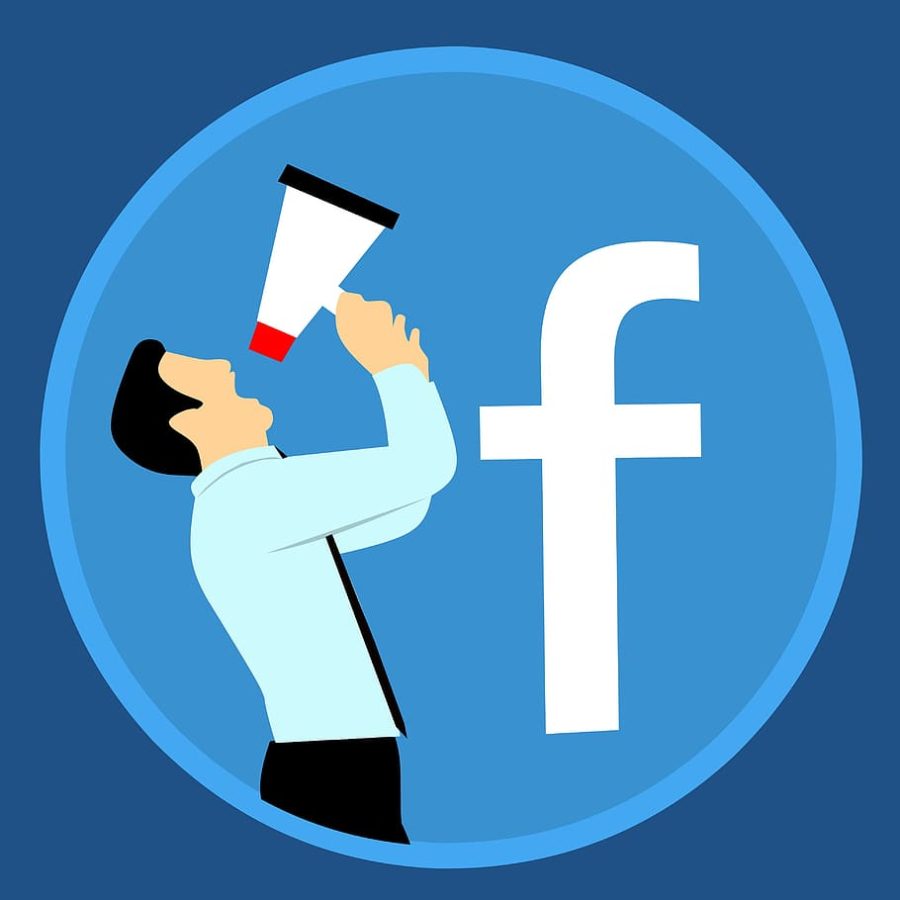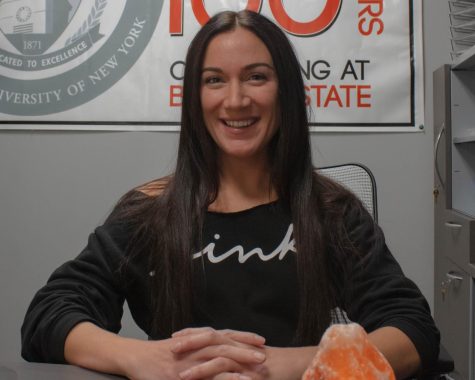The Facebook, Instagram and WhatsApp outage explained
October 14, 2021
Facebook, Instagram, and WhatsApp threw the world into a six-hour black hole on Oct. 4., when the sites unexpectedly went offline.
Facebook’s VP of Infrastructure, Santosh Janardhan, blamed the crash on network issues, stating “configuration changes on the backbone routers that coordinate network traffic between our data centers caused issues that interrupted this communication.”, according to the website.
Janardhan also assured Facebook’s billions of users that, “There was no malicious activity behind this outage” and “We also have no evidence that user data was compromised.”
But the timing of the outage – just one day after the airing of an episode of 60 Minutes featuring whistleblower Frances Haugen exposing the conglomerate for, “setting up a system of incentives that are pulling people apart,” has some users speculating that the interruption was more than just a fluke.
The former Facebook product manager testified before Congress that she believes the company has no intentions of preventing the younger generation from being vulnerable to misinformation, as well as continuing to expose them to dangerously addictive features.
She claims that Facebook will do whatever it takes to ensure the attraction of new users and to keep and increase engagement.
“The way they’ll do that is by making sure that children establish habits before they have good self-regulation,” Haugen said.
She also compared social media usage to cigarettes, referencing research that suggests young girls have said they “can’t stop” using Instagram even though it makes them “feel bad”.
In a Tuesday evening post, Facebook CEO Mark Zuckerberg shared a message he had written to staff following the allegations. He reiterated that the outage was an unfortunate system failure, but completely unrelated to claims made in Haugen’s testimony.
“Like many of you, I found it difficult to read the mischaracterization of the research into how Instagram affects young people,” Zuckerberg wrote.
Reactions to the post were mixed, some praising the platform for its positive contributions and others expressing skepticism.
He also said the research shows that Instagram helps, not hurts, teens battling a variety of mental health issues.
In a Wall Street Journal series, Haugen insists she is not out to sabotage Facebook or to cause public hatred towards the platform. She hopes to motivate the company to prevent the spread of political misinformation, enact effective policies to protect children, and prioritize national security.
She wants Facebook to hold itself accountable for what they claim to do — value social responsibility over profits.
Facebook maintained, in a series of diligent updates on Twitter, the social media blackout can be blamed on network issues.




